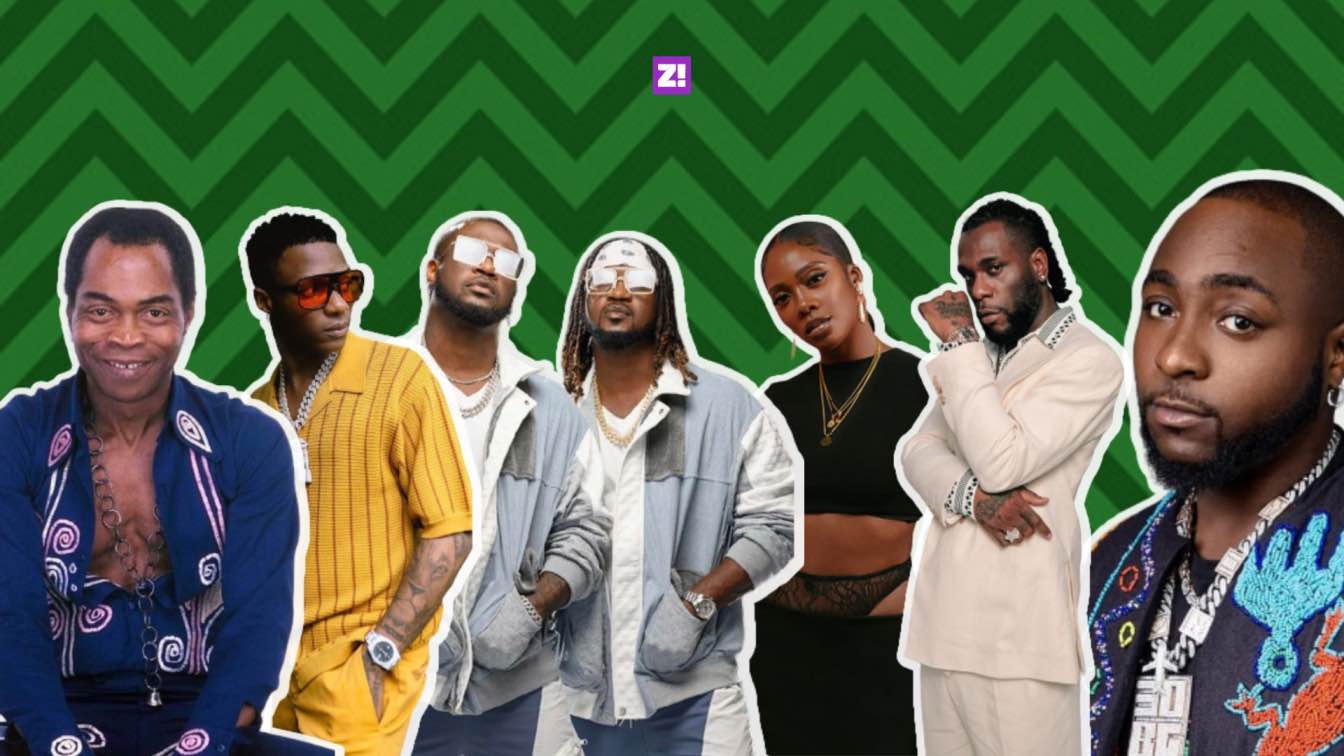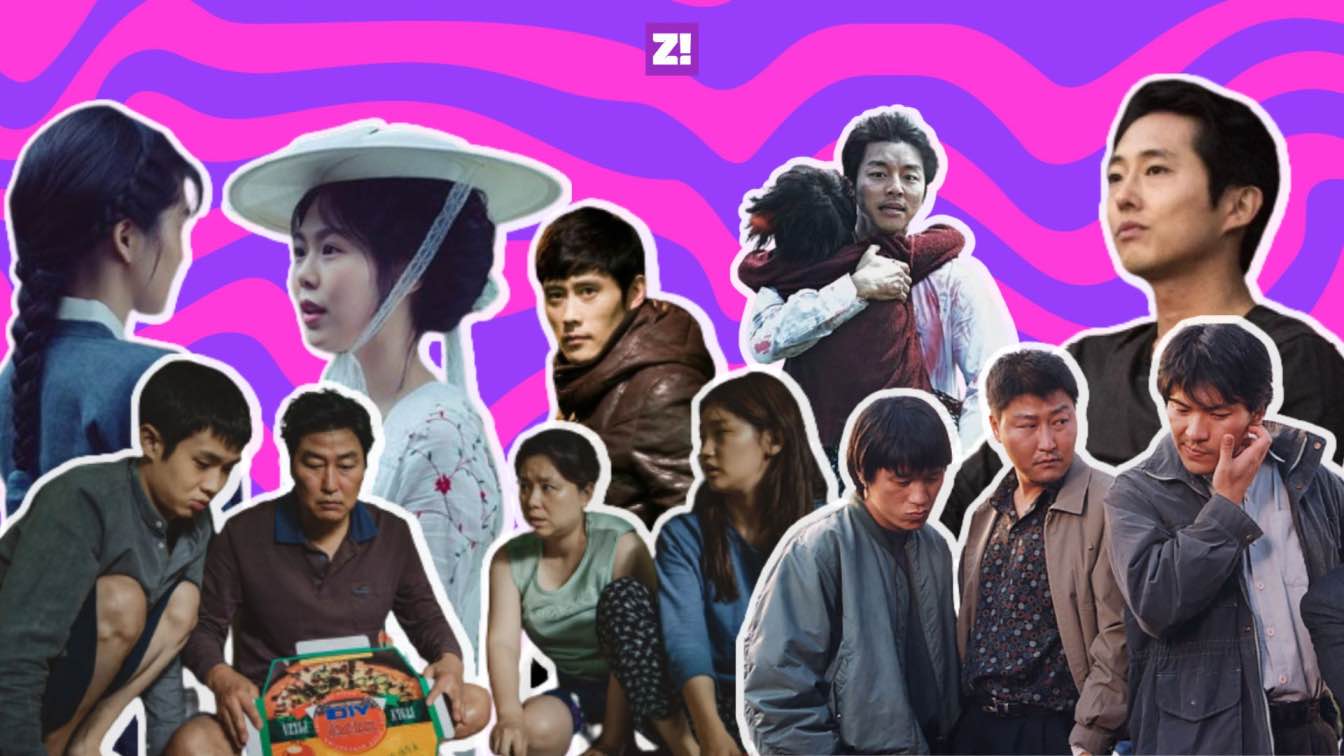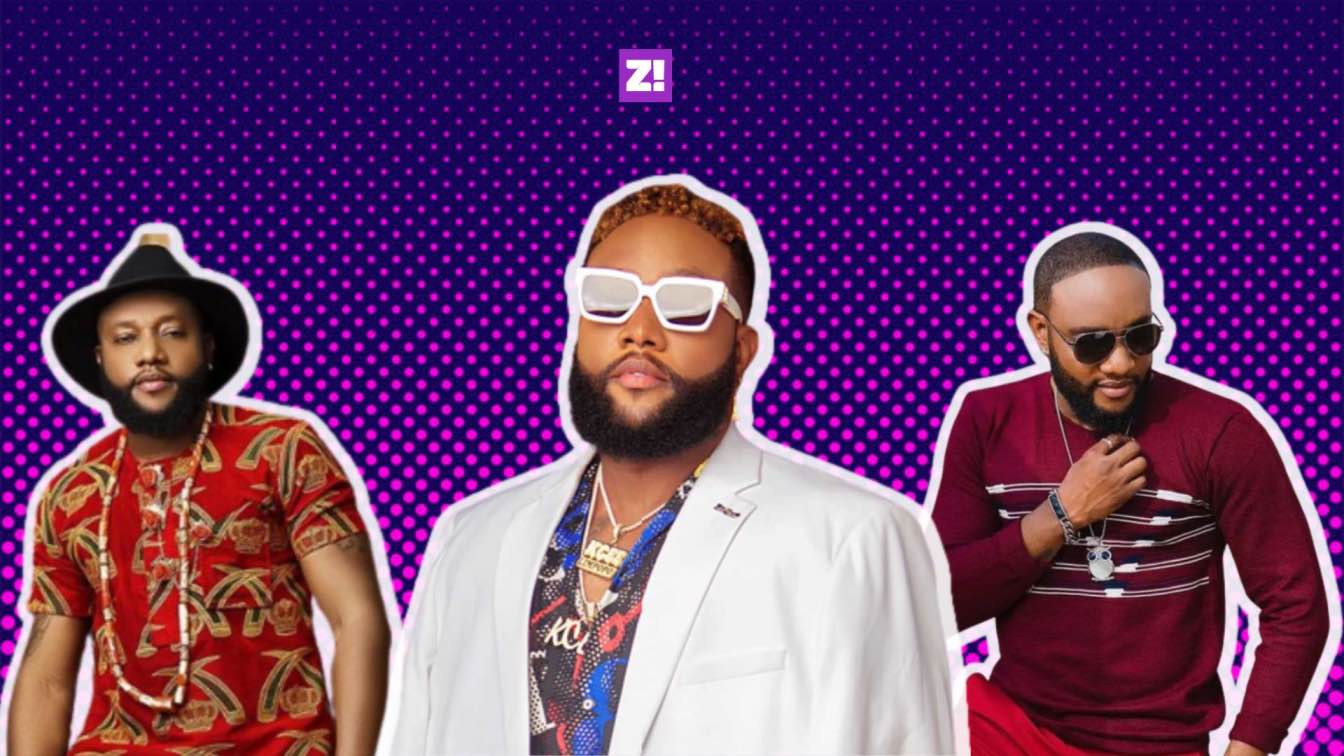The first time I ever listened to a SZA song — and by listened, I mean consumed every word and melody like it was Glover Court suya — was when I heard Drew Barrymore in 2017.
Coming out of nowhere, as if mid-conversation, SZA’s voice starts Drew Barrymore by asking, “Why is it so hard to accept the party is over?” But before I could find an appropriate answer, she’d moved on to the end of the song, singing, “I get so lonely I forget what I’m worth… I’m so ashamed of myself. I think I need therapy.”
And just like that, I felt dragged, seen and wrecked all at once.
There’s no denying SZA makes music for black women and their unique experiences. But it’s still human at its base, so I still connect to the overall theme of her music. We all go through moments of doubt, heartbreak and the daily questions of “What the hell am I doing with my life?”
Drew Barrymore didn’t feel like a song; it sounded more like a diary entry or the random rantings of someone who’s had too much to drink. It ditched clever rhymes and over-the-top vocals for something unfiltered and dark — vulnerability. It was almost as if SZA was saying, “I have issues. I’m a problem. And I’ll announce it to the world before anyone else uses it against me.”
I was both impressed and terrified. Sure, it sounded liberating, but as a Nigerian man, and a Nigerian in general, airing my shit is something I’ve been told never to do, no matter what.
If Drew Barrymore shook me, then the whole album, CTRL, was the earthquake that ended me for real. With The Weekend, SZA accepted her position as the side chic in a love/sex triangle. Love Galore asked the pertinent question that crosses my mind whenever someone enters my DMs and later ghosts me: “Why you bother me when you know you don’t want me?” On Supermodel and 20 Something, SZA forced me to examine why I’m never satisfied with my own company yet always ready to run from love. Meanwhile, Garden (Say It Like Dat) forced me to confront my biggest insecurity, my body, and all the times I’ve wondered if I’d ever be enough physically.
RECOMMENDED: Is “More Love, Less Ego” Wizkid’s Horniest Album? Here’s What We Think
Listening to CTRL was like talking to a friend who found the balance between calling me out for being a mess and helping me understand that it won’t define me if I don’t let it. As a young 20-something-year-old navigating life post-university, I needed this album.
Growing up, I was never explicitly told I couldn’t share my feelings or intrusive thoughts with the world. But somehow, I knew of this unspoken rule. While it started from the stares I’d get when I tried to defend myself as a child, it mainly came from existing in a space where none of the men I interacted with, both within and outside my home, were willing to be vulnerable. Men didn’t cry or apologise when in the wrong. As a man, I was groomed to be an impenetrable wall.
This air of no emotions, and most importantly, lack of accountability, trickled into the music I had access to growing up. Men sang about heartbreak, yes. But when they did, most of the songs centred on their partners’ wrongs, with very little focus on their role in the relationship’s demise — P-Square’s Omoge Mi and Djinee’s Ego are prime examples of this. And if there’s one thing SZA does well, it’s holding herself accountable.
Listening to SZA played an essential role in helping me hold myself accountable for my mess-ups. And with her 2022 album, SOS, there’s even more material to help me accept my faults and find a way to fix them.
SOS is sonically and thematically different from CTRL. While SZA’s first album was about finding control and admitting that she’s not perfect, SOS seems to revel in these imperfections, declaring that not all broken parts need to be fixed. On the one hand, she’s pining after an ex but still imagining what it’d be like to unalive him (Kill Bill, Nobody Gets Me), and on the other hand, she’s trying to convince herself she’s moved on from the relationship (Conceited). This merry-go-round from unhealthy codependency to “I don’t need you” is something I’m trying to shake as well.
People always say accepting you have a problem is the first and hardest step to finding a solution. With CTRL and SOS, SZA has helped me reach a point of honesty with myself while understanding I still have space to grow. I still only express these feelings to myself, or with close friends at least, but I can’t help but hand it to SZA for taking it upon herself to reveal the messiest parts of herself for our entertainment and Instagram captions, but most importantly, for a chance to help people like me feel seen.




